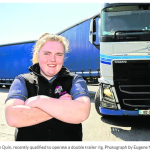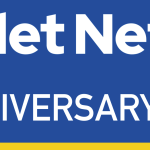-
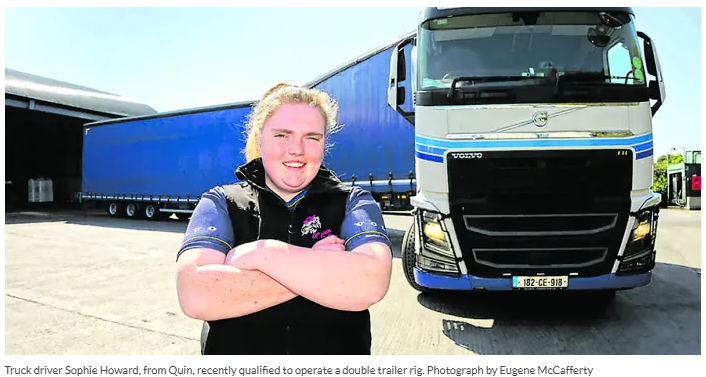
Supports Needed For Young Truck Drivers
Truck driver Sophie Howard, from Quin, recently qualified to operate a double trailer rig. Photograph by Eugene McCafferty, Clare Champion. 2025-04-15
-
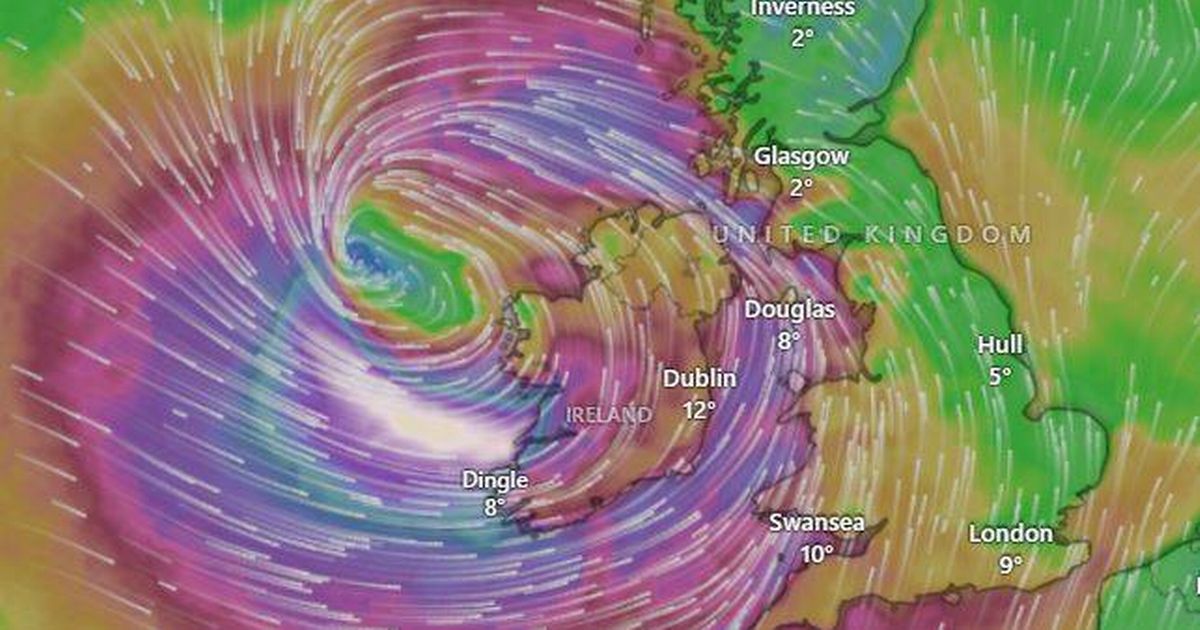
Storm Éowyn Update
Dear Customer, Thanks to herculean efforts from Irish and international crews, electricity and internet has […]
-
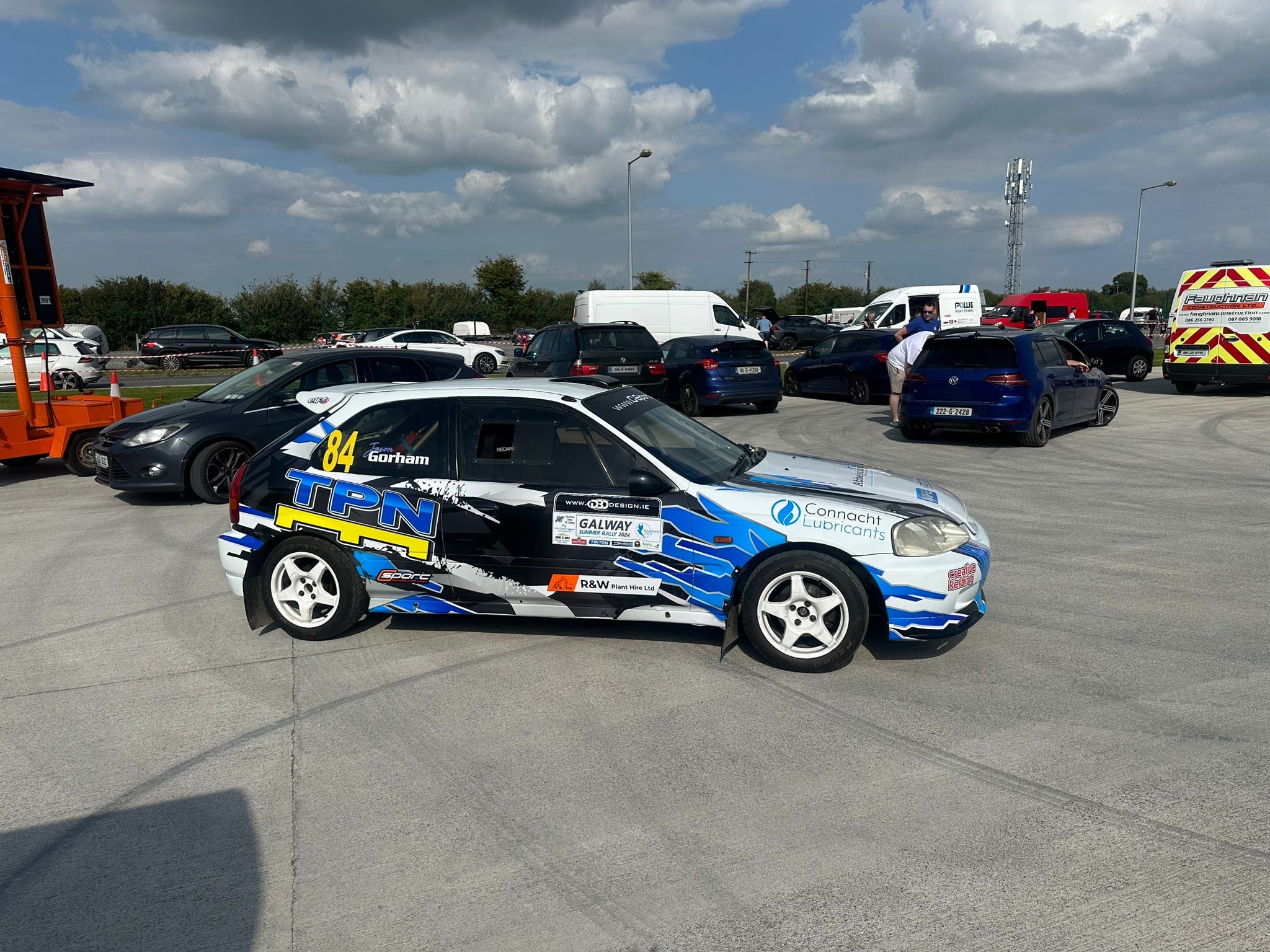
Galway Summer Stages Rally 2024
The 50th edition of the Galway Summer Stages Rally rolled out on Sunday, 1st September 2024. […]
-
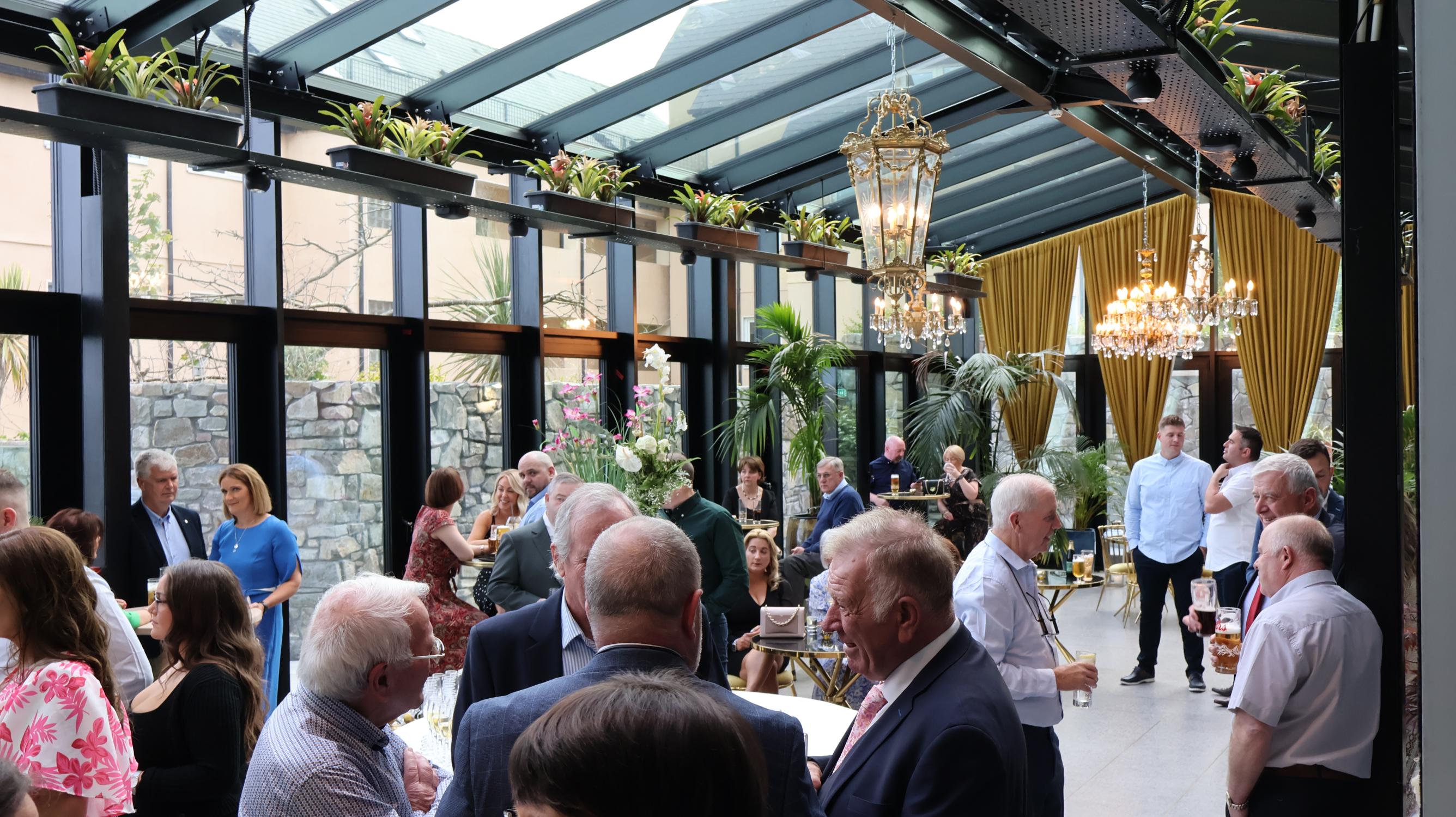
TPN Ireland 20th Anniversary Meeting
TPN Ireland 20th Anniversary Meeting took place on Friday, 14th June 2024, at the Salthill Hotel on Ireland’s […]
-

The Pallet Network 20th Anniversary Awards
The Pallet Network 20th Anniversary Awards took place on Friday, 14th June 2024, at the […]
-
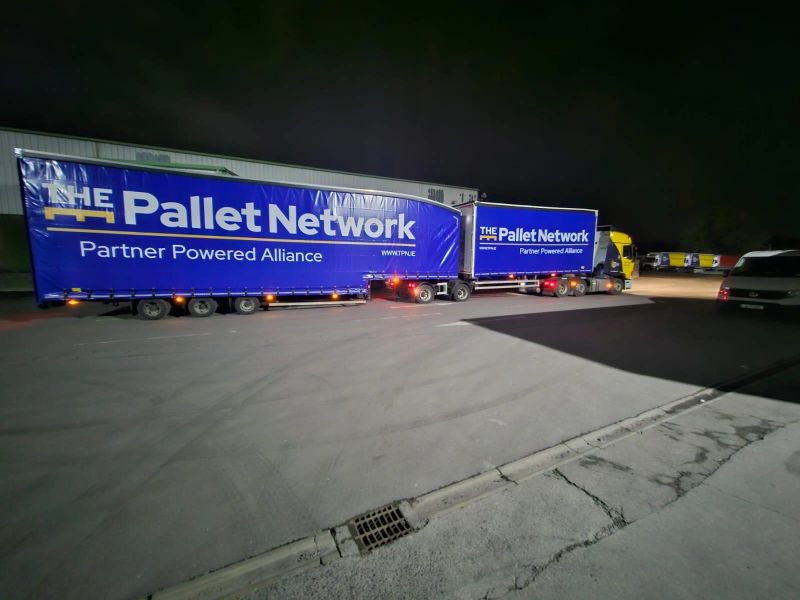
TPN Ireland launches new 19.5m trailer
https://www.facebook.com/reel/1420941245175112 TPN is delighted to showcase our new 19.5m trailer (first of four) combination trailers […]
-
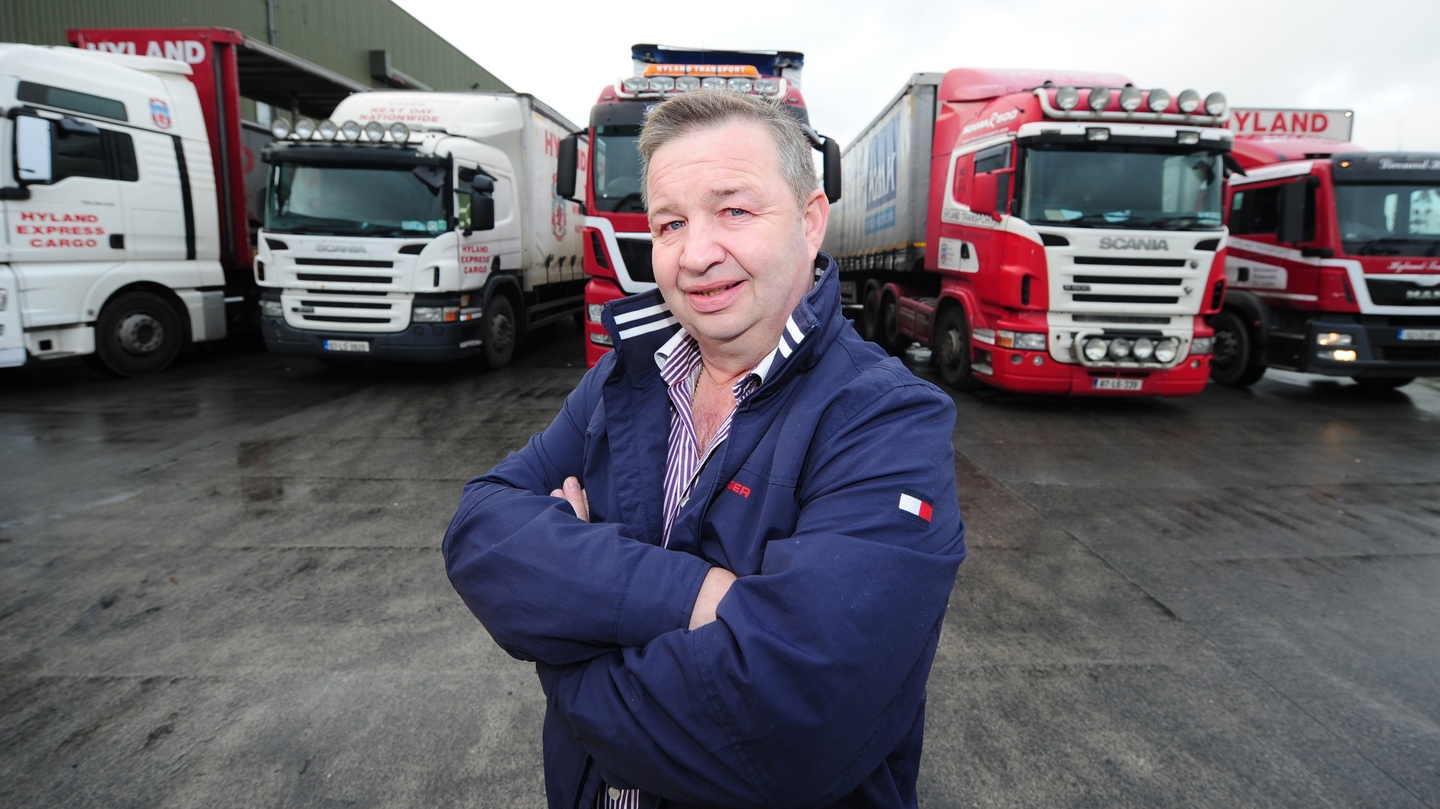
Ger Hyland elected President of the IRHA
Ger Hyland (of Hyland Transport, Depot TPN 113) recently spoke to Laois Today, regional newspaper […]
-
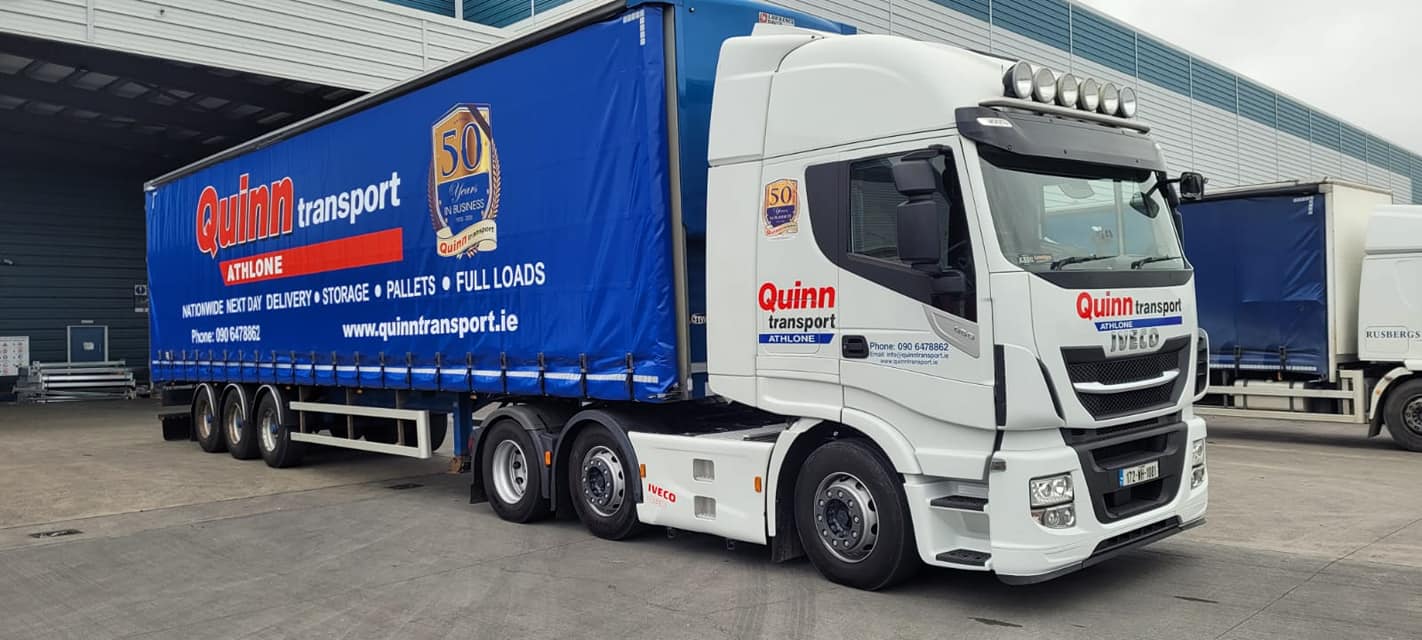
Archive 2014 : Quinn Transport – Depot 131
PRINCIPALDEPOTJOINED Tony Quinn131, Athlone, Co. Westmeath2009 Tony Quinn founded Quinn Transport in the early 1970s. […]
-
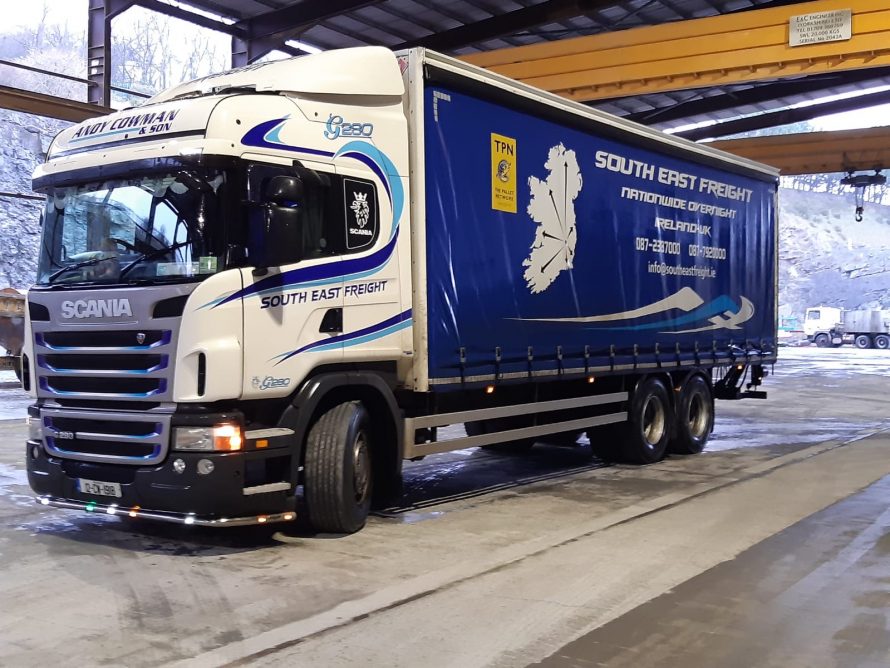
Archive 2014 : South East Freight – Depot 107
PRINCIPALDEPOTJOINED Andy Cowman107 – Bagenalstown, Co. Carlow2011 Andy Cowman bought a van in 1997 to […]
-
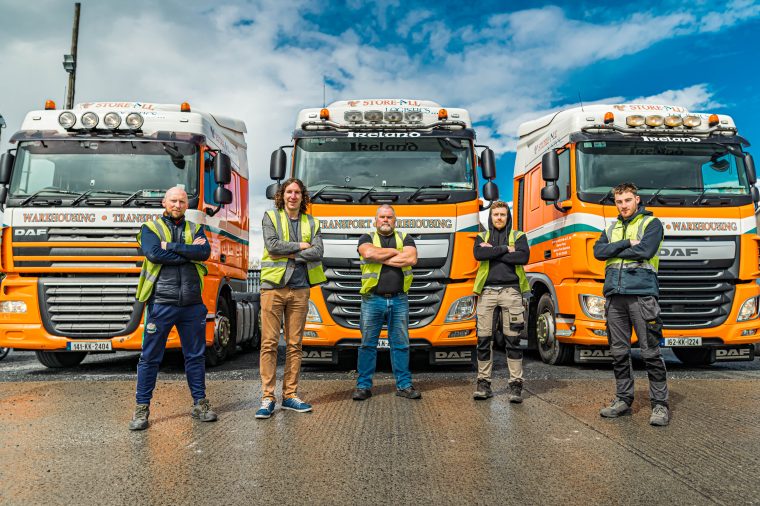
Archive 2014 : Store-All Logistics – Depot 105
PRINCIPALDEPOTJOINED Liam Dalton105, Belview Port Waterford2010 Store-All Logistics was established in 1993 by Liam Dalton, […]
01 821 9999
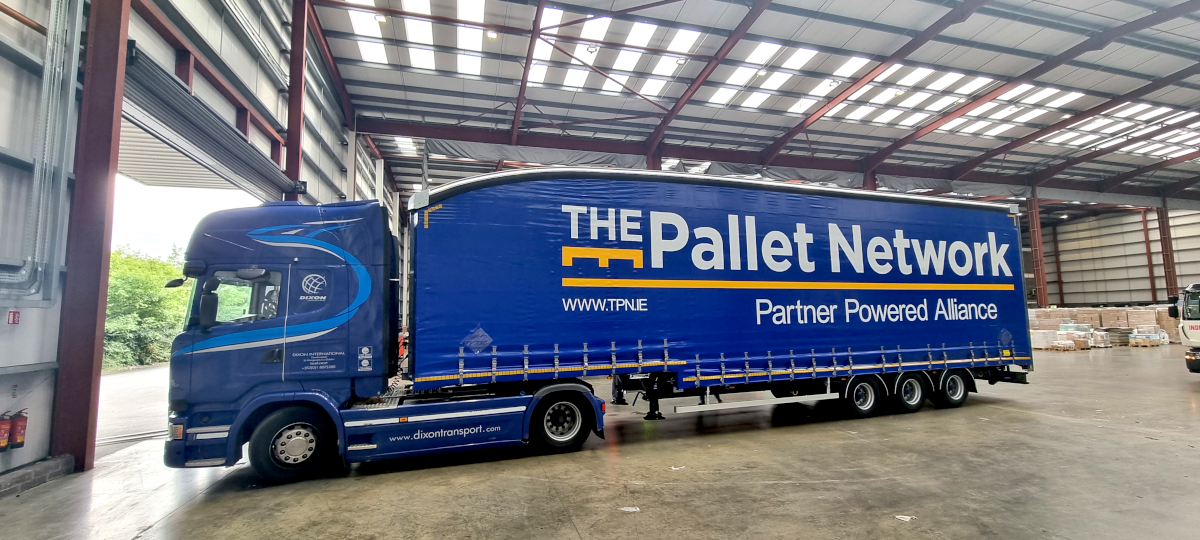
Ireland
Archive
Categories
Recent Posts
Tags
appeal (3) Bertie Ahern (1) careers (1) charity (3) Cork (2) Crown Paints (1) D102 (1) ElectricPower (2) Forklifts (2) freight transport (2) FTA (1) fuel rebate (1) Galway (2) GreenLogistics (2) HGV Driver (1) humanitarian (3) IEC (4) ifg (1) International Freight Forwarding (1) Ireland (33) IRHA (5) Irish infrastructure (1) Irish Postcode (1) Irish Times (1) jobs (1) Langan Couriers (2) Laois (2) onetpn (26) Partner News (1) PartnerPoweredAlliance (29) PartnetPowered (1) Paschal Donohoe (1) road freight (2) road transport (1) Seamus McGowan (1) StandUpForUkraine (7) Still (2) The Pallet Network (33) TPN (35) TPN Hub (1) TPNUK (1) TPN UK (1) Truck Driver (1) Ukraine (8) Verona Murphy (2)

